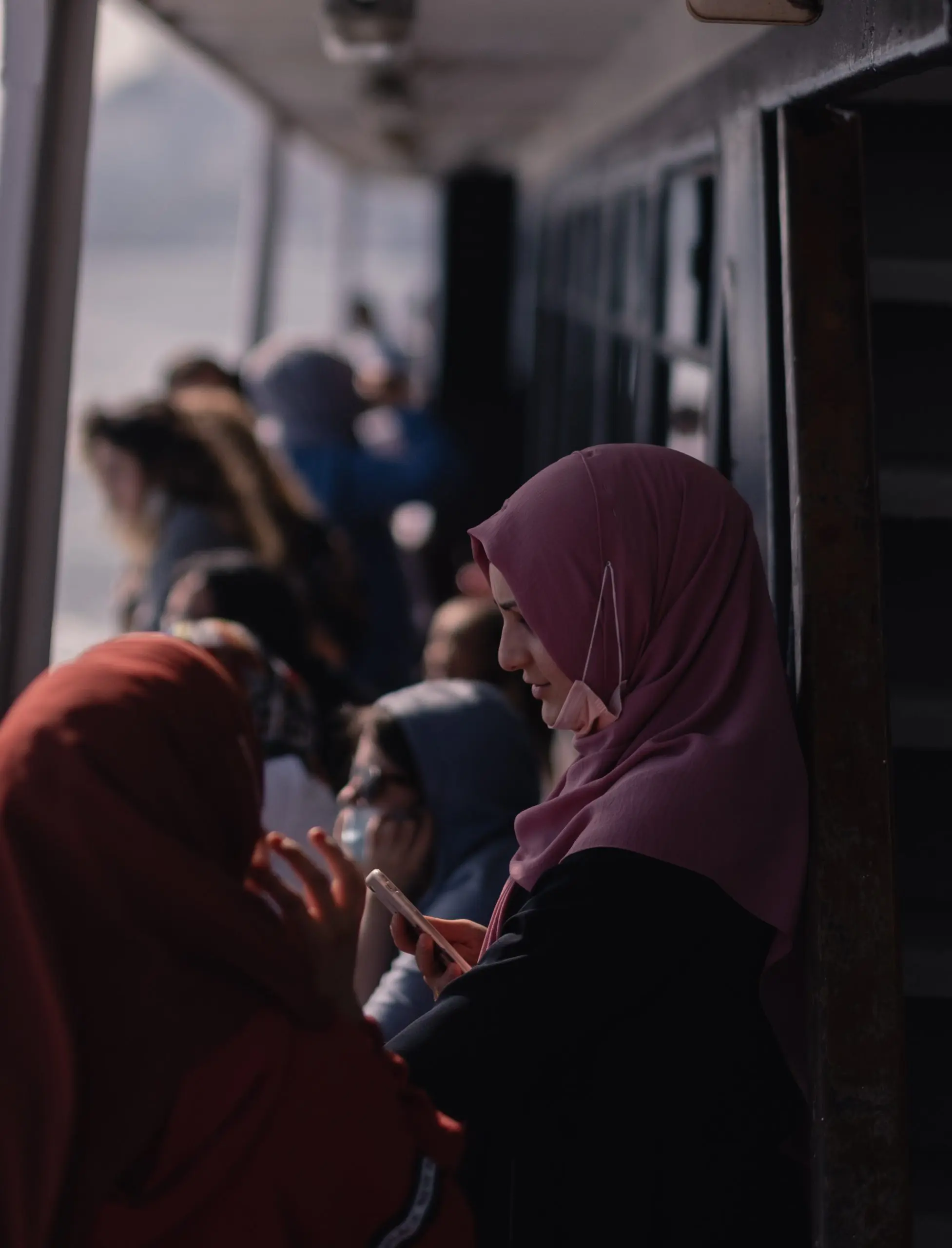
A battle is unfolding in Kosovo over religiously charged headscarves in schools. From BalkanInsight:
An online petition against the wearing of headscarves by Muslim girls in schools has been initiated in Kosovo, following an earlier petition calling for girls who wear a headscarf to be allowed to attend public school was closed by organisers on Saturday over claims that their campaign had caught the attention of decision-makers.
The two campaigns, for and against the wearing of headscarves, have attracted the attention of Prime Minister Albin Kurti. According to BalkanInsight, the prime minister promised on Friday August 12th that his government would produce a “draft law on religious communities.” As a heads-up on his own view, Prime Minister Kurti explained that “there should not be a difference between the headscarf and other religious elements” in public life.
According to a report on August 14th by txtreport.com, which translates news articles from non-English language sources, Prime Minister Kurti “sees the age of 16 as the threshold for wearing the headscarf.”
August 10th, EuroNews reported that the headscarf ban “in schools has provoked strong reactions in Kosovo” ever since it was introduced. In 2010, the BBC reported:
The government decided to forbid the wearing of headscarves in public schools late last year [in 2009], in accordance with the constitution that declares Kosovo—which unilaterally declared independence from Serbia in 2008—a secular country.
The controversy over Islamic headscarves suggests a different balance between religious affiliations among the Kosovar population, than what is reflected in official estimates. The CIA World Factbook reports that Muslims account for more than 95% of the population. However, that number is based on the 2011 Kosovar census, which was subject to a boycott among the Serb population.
